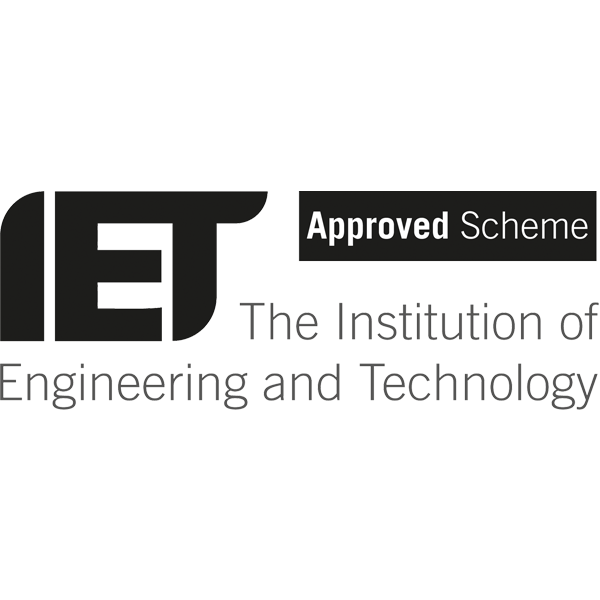Technical Support Technician
Technical Support Technicians work as part of a team to provide technical support and expertise for all areas of the Engineering and Manufacturing function.
This includes communications software, test, analysis tools, measurement, offline programming, process control, performance and continuous improvement solutions, capacity planning, production scheduling/planning, product technical applications and capability, technical sales and marketing support, product development and innovation, engineering drawing, purchasing and/or supply of goods or services for engineering activities, quality control, inspection and e-commerce technologies as required.
Apprenticeship information
Entry requirements
A minimum of four GCSEs at grade 4 (C) or above including English, Maths, Science and Technology is desirable. Other equivalent qualifications are acceptable
Where will I study?
Training 2000 Blackburn
Duration
- Up to 4 years
- Year 1 - full time at Training 2000 OR x6 four week blocks and 1 day per week to complete the Technical Certificate (if required)
- Year 2 - 1 day per week to complete the Technical Certificate (if required) / assessment in your workplace
- Year 3/4 - assessment in your workplace

English and Maths
You may need to complete your English and Maths Functional Skills depending on your GCSE grades, or if you cannot provide evidence of your GCSE results.
The Functional Skills programme runs as an addition to the time you are already required to spend doing your off-the-job training. Following a thorough assessment process, we will select a learning plan suitable for you, which will be either 2-weeks full-time or 12-weeks (one day per-week) each for English and/or maths.
If a subject needs re-sitting, this will be additional time in the classroom on top of your learning plan.
What you'll learn
- Understand mathematical techniques, formula and calculations used in a technical support environment
- Understand the methods and techniques used to evaluate technical data and documentation
- Understand how to identify that the data and documentation being used is current and up to date
- Understand the procedure to be used for making changes to issued documentation
- Understand where and how to source other areas of technical expertise/information to help solve technical problems
- Understand the requirements of the customer (internal/external) and support using the appropriate tools, equipment and processes
- Produce technical documentation that contains all the relevant and necessary data and information required for the technical support activity being carried out
- Present the technical documentation in the required format
- Ensure that codes, symbols and other references used in the technical documentation follows agreed uk/international conventions
- Save and store technical documentation in the correct format, location in accordance with organisational and/or customer requirements
- Make any changes/amendments to the technical documentation using agreed quality assurance control procedures
- Develop effective business and/or customer relationships
- Provide technical advice and guidance to others
- Contribute to the business by identifying possible opportunities for improving working practices, processes and/or procedures
Plus one of the following:
- Produce engineering/manufacturing production plans
- Obtain resources for engineering/manufacturing activities
- Obtain and control materials used in engineering/manufacturing environments
- Implement quality control/assurance systems and procedures in an engineering/manufacturing environment
- Provide technical support services on products or services to internal and/or external customers
- Produce documentation to supply or procure goods or services
- Produce off line programs for computer numerical controlled machines
- Produce programs for scanning/digitising or co-ordinate measuring machines
- Produce programs for programmable logic control equipment
- Produce programs for industrial robot applications
- Produce engineering software tools/programs for analysis, quality, configuration management, safety assessments, system security applications
- Produce engineering drawings/models using computer aided design techniques (such as mechanical, electrical, fabrication, fluid power, integrated systems or services)undertake complex fault diagnostic and/or condition monitoring activities on equipment, plant or services
- Carry out inspection activities on equipment/components/systems (such as mechanical, electrical, electronic, welded and fabricated
- Check and calibrate control and test equipment used in an engineering and/or manufacturing environment

IET Approved
Successful completion of this Apprenticeship provides you with professional status (EngTech) which will be understood and sought after by your peers, employers, suppliers, customers and your wider professional network.
Next steps
On completion of this course you may want to consider the following options to further your career.
Where can you progress to?
Frequently asked questions
Most of our Apprenticeships are 4 years but can be shorter dependant on the type of engineering you are learning.
We offer engineering Apprenticeships in a range of areas, such as CAD (Computer Aided Design), Welding, Fire & Security systems, Electronics, Mechatronics and CNC.
We work with many local engineering companies, who advertise their vacancies on our website. These will change daily, so always check back for the latest ones.
As we are part of the University of Central Lancashire, you can easily progress onto a Degree Apprenticeship

